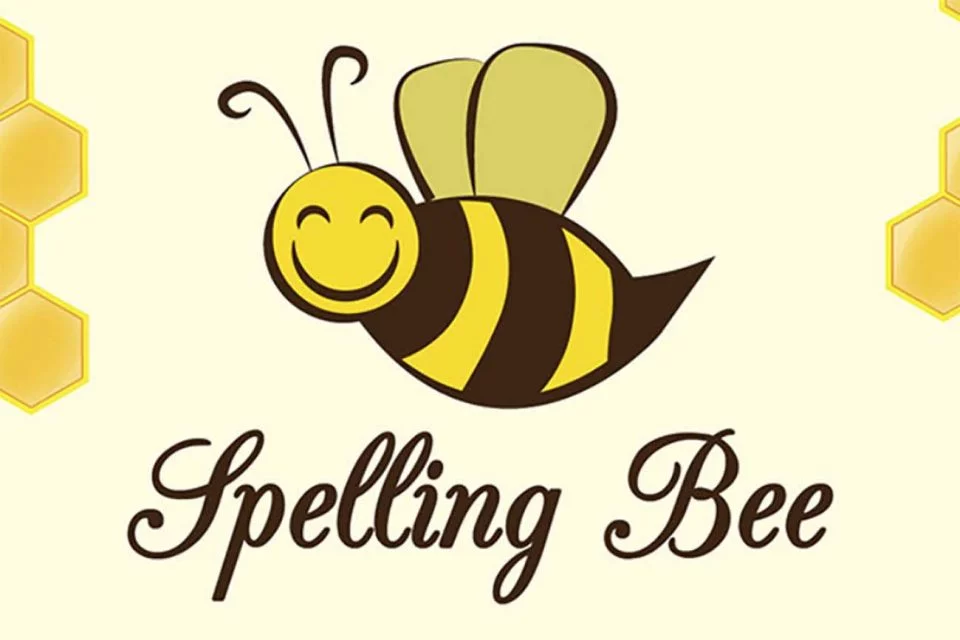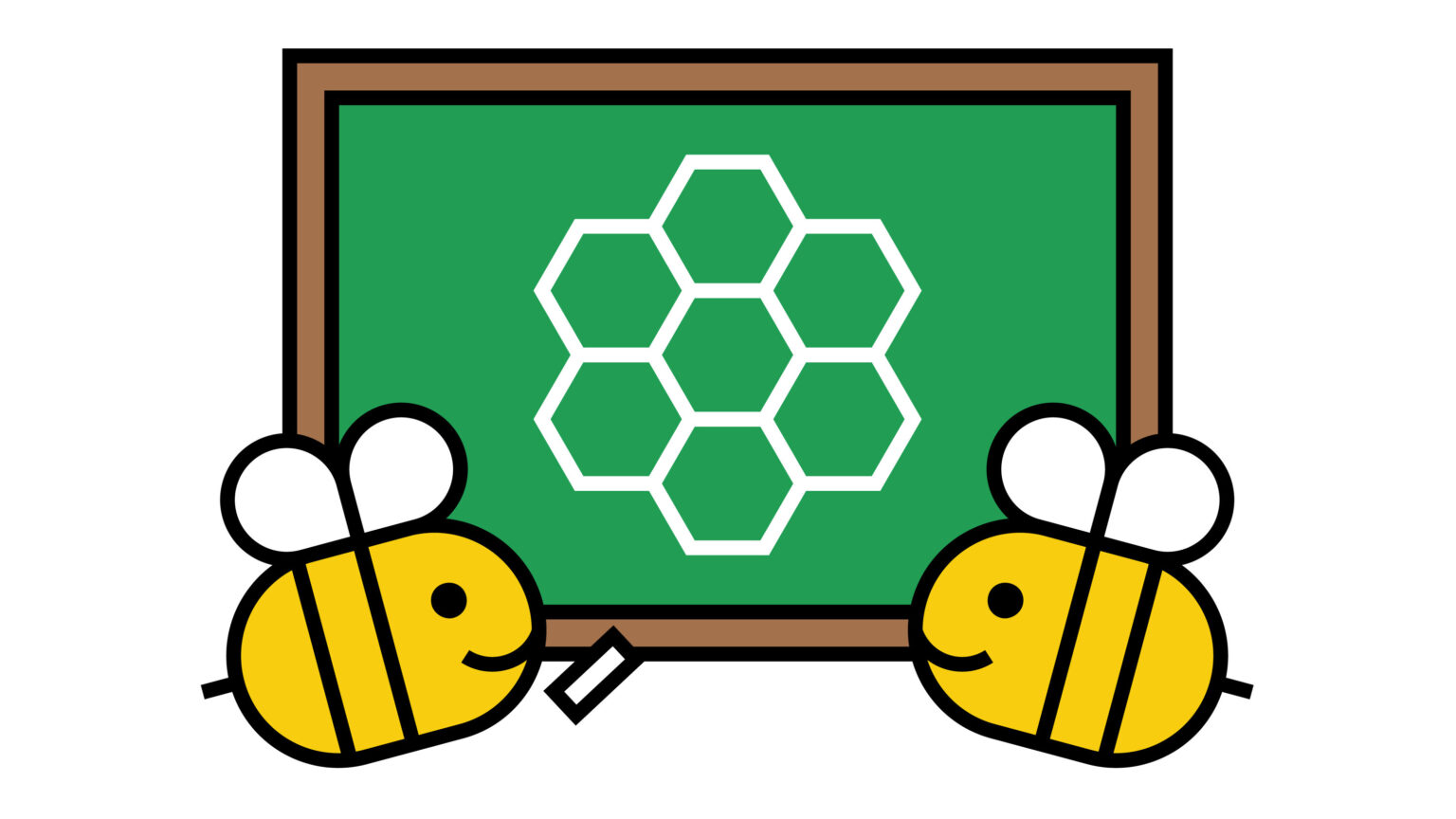Spelling bees have long been a celebrated tradition in schools across the United States, providing students with a platform to showcase their knowledge of spelling, language, and vocabulary. For many students, participating in a spelling bee can be a fun, rewarding, and confidence-building experience. However, for those hoping to take their spelling skills to the next level and win, having the right tools and support is essential. This is where a Spelling Bee Buddy comes into play.
A Spelling Bee Buddy can be a game-changer when preparing for a spellingbee. Whether you’re a student, a parent, or a teacher, this guide will explore everything you need to know about a Spelling BeeBuddy, its benefits, and how to find the perfect one to help you succeed in spelling competitions.
What is a Spelling Bee Buddy?

A Spelling Bee Buddy is someone who assists and supports a student in their preparation for a spelling bee. This could be a parent, a teacher, a friend, or even a fellow student who helps by testing words, providing encouragement, and offering strategies for mastering difficult words and spelling patterns.
While a Spelling BeeBuddy might not always be a professional tutor, they play a crucial role in guiding the student through the study process. The primary role of a Spelling Bee Buddy is to motivate, support, and provide constructive feedback during practice sessions.
A Spelling Bee Buddy can be:
- A Peer: Fellow students who are also preparing for spelling bees or other academic competitions can become effective buddies by practicing together.
- A Teacher or Mentor: An educator with experience in language and spelling can provide personalized guidance on words, strategies, and techniques for success.
- A Parent or Guardian: Parents can play a vital role by reviewing word lists, organizing practice tests, and helping students develop confidence.
Benefits of Having a Spelling Bee Buddy
1. Accountability and Motivation
One of the biggest advantages of having a Spelling Bee Buddy is the increased accountability. Having someone to check in on progress and to practice with can make it easier to stick to a regular study schedule. When students know they have a set time to practice with a buddy, they are more likely to stay consistent with their learning.
2. Effective Practice Sessions
A Spelling Bee Buddy makes spelling practice less tedious and more interactive. By practicing together, students can challenge each other, correct mistakes in real-time, and gain a better understanding of their weaknesses. Whether it’s testing each other on difficult words or giving hints, a buddy can make practice more engaging and dynamic.
3. Constructive Feedback
A Spelling Bee Buddy provides immediate feedback, which is critical for improving performance. If a student spells a word incorrectly, their buddy can point out the error and provide tips on how to avoid similar mistakes in the future. This immediate feedback helps solidify learning and boosts confidence.
4. Stress Reduction
Spelling bees can be nerve-wracking, especially when students are competing at higher levels. Having a buddy offers emotional support, reducing stress and anxiety. A Spelling BeeBuddy can help remind the student that they are prepared and capable, which can make a big difference on competition day.
5. Boosts Confidence
Confidence is key to doing well in a spelling bee. When a student practices with a supportive Spelling Bee Buddy, they are more likely to feel prepared and confident when they step onto the stage. The buddy’s encouragement and positive reinforcement help build self-assurance over time.
How to Choose the Right Spelling Bee Buddy
Not every individual will make the perfect Spelling Bee Buddy. When selecting a buddy, it’s important to consider the following factors:
1. Knowledge and Experience
A good Spelling Bee Buddy should have a solid understanding of spelling rules, word patterns, and strategies. While they don’t necessarily need to be an expert, they should have enough knowledge to provide valuable feedback and keep practice sessions productive.
- Experienced Buddies: A peer or mentor who has participated in previous spelling bees can offer insights into what to expect and can share study techniques that helped them succeed.
- Fellow Students: If you’re preparing for a school spelling bee, it might be useful to pair up with a classmate who is also competing, as this person will be going through the same process.
2. Communication Skills
A Spelling Bee Buddy should be able to communicate effectively, offering feedback in a clear and constructive manner. They should be patient and able to offer tips without overwhelming the student. A good buddy can explain difficult spelling rules in a way that’s easy to understand.
3. Positive Attitude
Encouragement and support are crucial when preparing for a spelling bee. The ideal Spelling Bee Buddy is someone who remains positive even when the student makes mistakes. Rather than focusing on failure, they should help the student learn from their errors and stay motivated.
4. Availability
A Spelling Bee Buddy should have the time and flexibility to engage in regular practice sessions. Consistency is key to success, and having a buddy who is readily available for practice is essential.
5. Trust and Rapport
For effective practice, there needs to be a sense of trust between the student and their buddy. A buddy who is respectful, encouraging, and understands the student’s learning style will be the most effective in helping them prepare for the competition.
Effective Study Techniques with Your Spelling Bee Buddy
Once you’ve found the right Spelling Bee Buddy, it’s time to start practicing! Here are some techniques you can use together to prepare effectively for a spelling bee:
1. Spelling Bee Word Lists
The foundation of any spelling bee study plan is the word list. Work with your buddy to review lists of challenging words, focusing on words that appear in previous spelling bees. A Spelling Bee Buddy can quiz you on the words, and together you can find ways to memorize them more effectively.
- Flashcards: Create flashcards for difficult words. Your buddy can test you with the flashcards, and you can swap roles so they are also practicing their spelling skills.
- Spelling Patterns: Work together to identify spelling patterns, such as common suffixes, prefixes, and letter combinations, which can help with spelling more challenging words.
2. Practice Spelling Out Loud
Spelling bees are all about spelling words out loud. With your Spelling Bee Buddy, practice spelling words aloud in a mock spelling bee setting. Your buddy can act as the quizmaster, providing words and asking you to spell them. This type of practice will help simulate the actual competition and build confidence.
3. Mnemonics and Memory Tricks
A Spelling Bee Buddy can help you create mnemonics or memory tricks to remember tricky spellings. These tricks could involve visualizing the word, creating a rhyme, or breaking the word into smaller, manageable parts.
- For example, if you’re struggling with a word like “accommodate,” your buddy could help you break it down into smaller chunks: “a-cc-om-mod-ate.”
4. Spelling Bee Games
Turn spelling practice into a fun, interactive activity. Create games such as word bingo, word search, or spelling competitions to make learning more enjoyable. Your Spelling BeeBuddy can help design and lead these games, making spelling practice less monotonous.
5. Mock Spelling Bees
Simulate an actual spelling bee by having mock competitions with your buddy. Have your buddy act as the host and provide words while you compete. This practice will help you get comfortable with the pressure of spelling words in front of others, preparing you for the real event.
Spelling Bee Buddy vs. Self-Study: Which is More Effective?
When it comes to preparing for a spelling bee, you may wonder whether having a SpellingBee Buddy is more effective than studying alone. While self-study can work for some students, having a buddy offers several advantages:
1. Personalized Feedback
Unlike self-study, where you might miss out on feedback, a Spelling Bee Buddy can offer instant corrections and advice. This personalized guidance can help address mistakes and improve accuracy.
2. Motivation and Encouragement
A buddy can provide the support and encouragement that self-study may lack. The accountability of working with a buddy can keep you focused and energized, while practicing alone can sometimes lead to burnout or lack of motivation.
3. Interactive Learning
Learning with a buddy allows for more interactive learning experiences. Instead of simply reading through a word list, a buddy can quiz you, challenge you, and make learning feel more dynamic.
Tips for Parents and Teachers in Using a SpellingBee Buddy
For parents and teachers, playing the role of a Spelling BeeBuddy can be an enriching experience. Here are some tips to make the most of this partnership:
1. Set Clear Goals
Before you begin, set clear goals with the student about what you hope to accomplish. Whether it’s mastering a certain number of words each week or improving the speed of spelling, having measurable goals can help keep the practice focused.
2. Be Patient and Encouraging
The role of a Spelling BeeBuddy is to support and guide, not to pressure. Be patient and maintain a positive attitude, even when the student struggles with difficult words. Celebrate progress and small victories along the way.
3. Create a Structured Plan
Work with the student to create a structured study plan that includes regular practice sessions. Mix up the practice techniques to keep things interesting and prevent burnout.
Frequently Asked Questions (FAQs)
Q1: Can a Spelling Bee Buddy be a student from the same class?
Yes, a Spelling BeeBuddy can be a peer from the same class. In fact, practicing with someone who is going through the same preparation can be highly beneficial, as you can compare strategies and help each other succeed.
Q2: Do I need a professional tutor as my Spelling Bee Buddy?
Not necessarily. While a professional tutor can be helpful, a Spelling Bee Buddy doesn’t need to be a professional. A supportive parent, friend, or teacher can be just as effective if they are knowledgeable and patient.
Q3: How can I practice spelling if I don’t have a buddy?
If you don’t have a Spelling BeeBuddy, you can practice on your own using flashcards, spelling apps, and by reading aloud. You can also record yourself spelling words and listen to the recordings to identify areas for improvement.
Conclusion
A Spelling Bee Buddy can be a valuable resource for anyone preparing for a spelling bee. Whether you are a student, parent, or teacher, having a buddy who provides motivation, support, and constructive feedback can make all the difference in spelling bee preparation. By working together, practicing effectively, and maintaining a positive attitude, you can set yourself up for spelling bee success.
